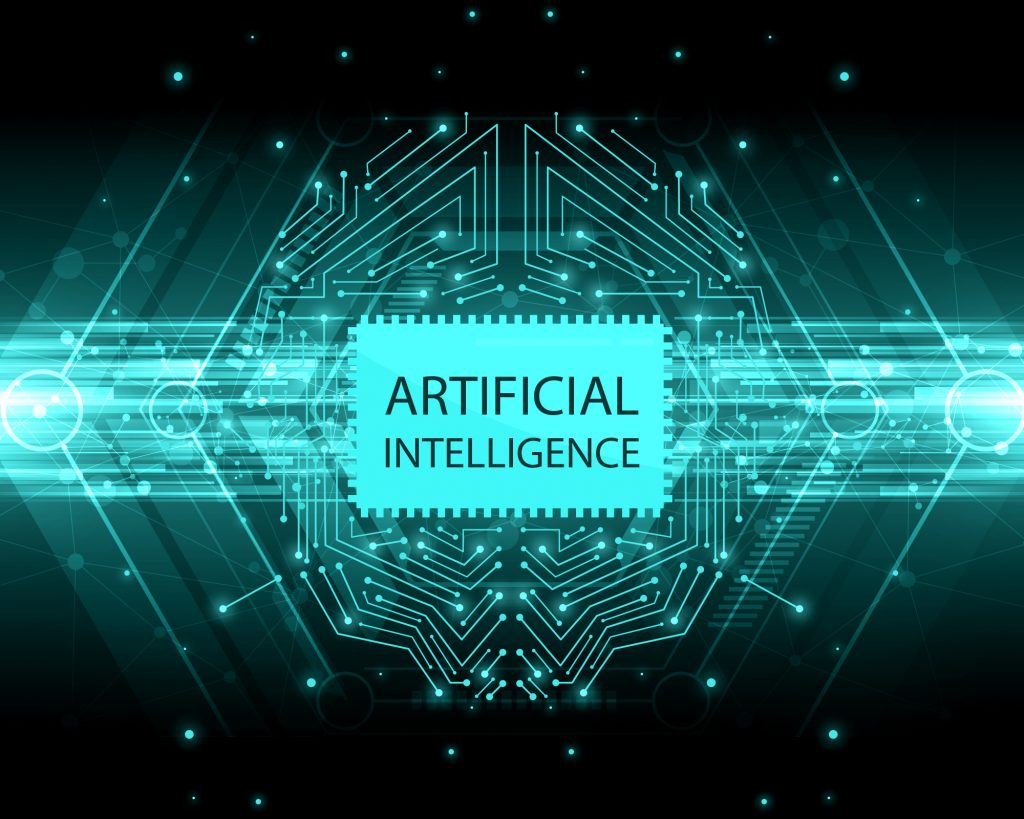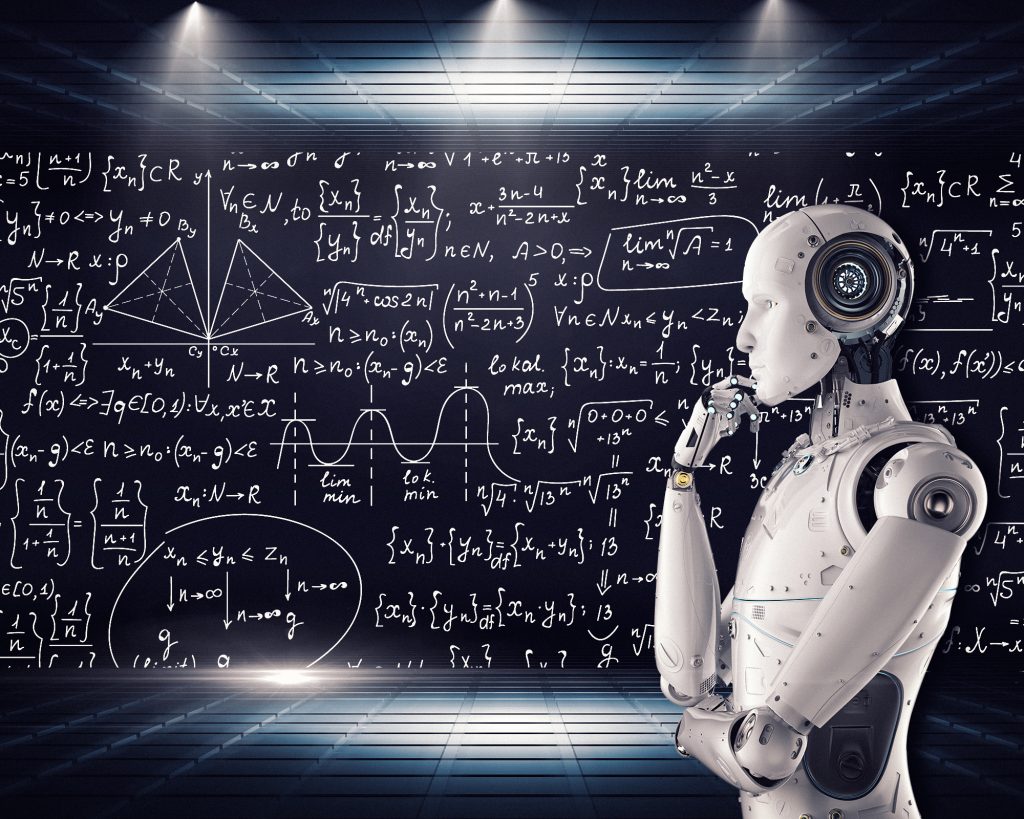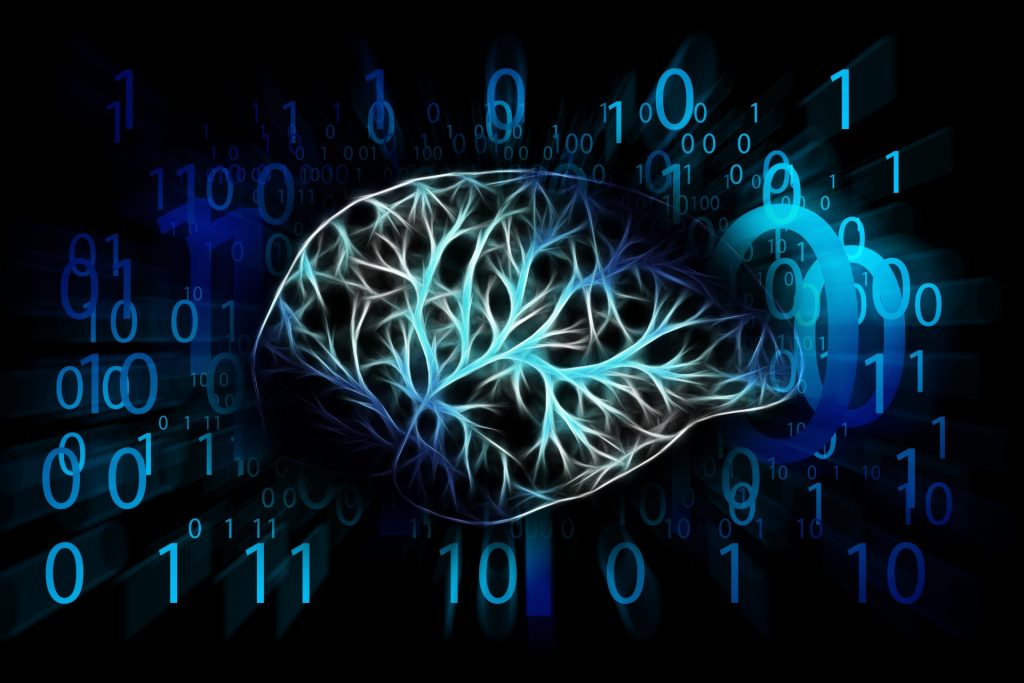The Dangers Of Artificial Intelligence
Written By An AI Program – ChatGPT
Artificial intelligence (AI) has the potential to revolutionize many aspects of society and bring about numerous benefits. However, it is important to also recognize the potential dangers and ethical concerns surrounding the development and use of AI.

The Dangers Of AI
One major concern is the potential for AI to be used for malicious purposes. For example, AI could be used to automate cyber attacks, generate deepfake videos or audio for spreading misinformation, or make autonomous weapons. The development of autonomous weapons, in particular, raises serious ethical concerns about the decision-making process and accountability for actions taken by these systems. There is also a risk that AI could be used to perpetuate or amplify existing biases, leading to harmful outcomes for marginalized groups. This could occur if the data used to train AI systems is biased, or if the algorithms themselves are biased.
Another concern is the potential for AI to disrupt employment and contribute to income inequality. As AI systems become more advanced, they may be able to automate certain jobs, leading to job loss and displacement. This could result in a widening gap between those who have the skills and education to work with AI, and those who do not. It is important for governments and businesses to consider the impacts on workers and to provide support and training to help people adapt to a rapidly changing technological landscape.

There is also a risk that AI could be used to violate privacy and personal autonomy. For example, AI systems used for surveillance or data collection could be misused to monitor or control individuals without their consent. There is also a potential for AI to be used to manipulate people’s behavior or decisions through personalized advertising or other means. This raises concerns about the use of AI to influence public opinion and political outcomes, and the need for transparency and accountability in the use of these systems.
Another ethical concern surrounding AI is the potential for it to surpass human intelligence and capabilities, leading to unforeseen consequences. This raises the question of how we should design and govern AI in order to ensure that it aligns with our values and goals. Some experts have called for the development of a “AI Bill of Rights” to establish principles for the responsible development and use of AI.

It is also important to consider the potential risks of AI in the context of natural disasters, accidents, and other emergencies. AI systems could potentially malfunction or be hacked, leading to unintended consequences that could have serious consequences. There is also a risk that AI could be used to exacerbate these types of events, for example, by manipulating weather patterns or causing infrastructure failures.
Overall, it is clear that the dangers of artificial intelligence cannot be ignored. It is important to carefully consider the potential risks and ethical concerns surrounding AI, and to take steps to mitigate these risks. This may include developing ethical guidelines for AI development and use, establishing regulations and oversight, and investing in education and training to help people adapt to a rapidly changing technological landscape. By taking a proactive and responsible approach, we can ensure that the benefits of AI are realized while minimizing the potential dangers.